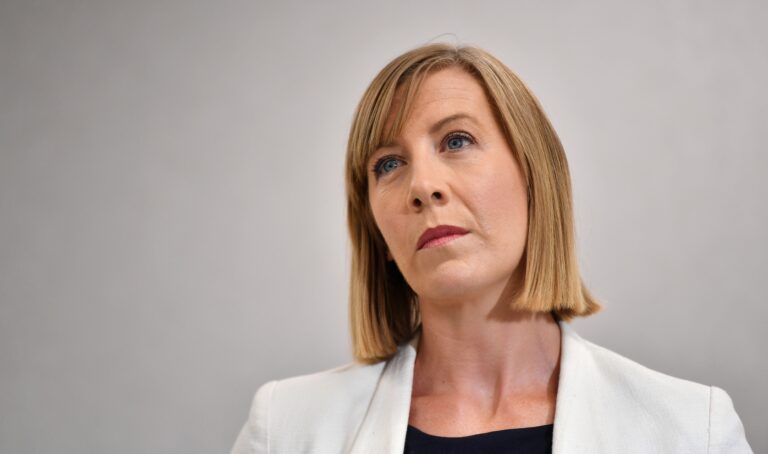
Recycling water in the city
The City of Sydney Council plans to spend $50 million over the next two decades on the implementation of a citywide recycled water system.
Outlined in council’s Decentralised Water Master Plan, the system would recycle stormwater in an effort to save water and cut harbour pollution.
A spokesperson for Sydney council said: “The majority of Sydney’s current water demand is met through drinking water supplied from Warragamba Dam and piped 68 kilometres to the city, which wastes a significant amount of energy. But consumers only drink two per cent of the drinking water they use every day, the rest being used for non-drinking purposes.”
According to Council, the plan will replace over half of drinking water used for non-drinking purposes with recycled water by 2030.
“We will harvest and recycle stormwater, and use the recycled water for irrigating, flushing toilets and high-rise cooling towers,” the spokeperson said.
The recycled water system will save water as well as prevent 13 billion litres of water runoff into Sydney harbour and Botany Bay.
A Council spokesperson said: “The largest projects are the $10 million second stage of Sydney Park and the Green Square urban development which will together produce up to 1 billion litres of recycled water each year, the equivalent of 400 Olympic-sized swimming pools.”
The Master Plan identifies a number of other potential sources of recycled water including waste water, black water and grey water.
While supportive of water saving procedures, some of the Lord Mayor’s opponents are opposed to some measures.
The Liberal Lord Mayoral candidate Edward Mandla said: “My team is very supportive of initiatives that save rate payers money now, like programs that reduce water usage via water efficiency fixtures. Reducing drinking water usage from Warragamba Dam and the Desalination Plant for city operations such as watering parks, playing fields, washing footpaths and building uses is a positive logical policy. Collecting roof water, filtering and using stormwater, and accessing groundwater makes sense as it saves ratepayer money. Let’s get this right first. Cleaning grey water and sewer mining is unlikely to be cost effective and not the right use of hard earned ratepayer money in 2012.”
In addition to recycled water, council will spend $6.9 million over two years on the implementation of water and energy saving measures. A Council spokesperson said:
“The City has begun an overhaul of 45 properties, which will make them more energy and water efficient, saving more than $1 million a year on utility bills.”
Council will seek further consultation on the plan created by Sustainable Sydney 2030.
By Jack Derwin









